Congress moves Supreme Court against Citizenship Act, says it 'violates' Article 14 of Constitution
Fri 13 Dec 2019, 16:35:25
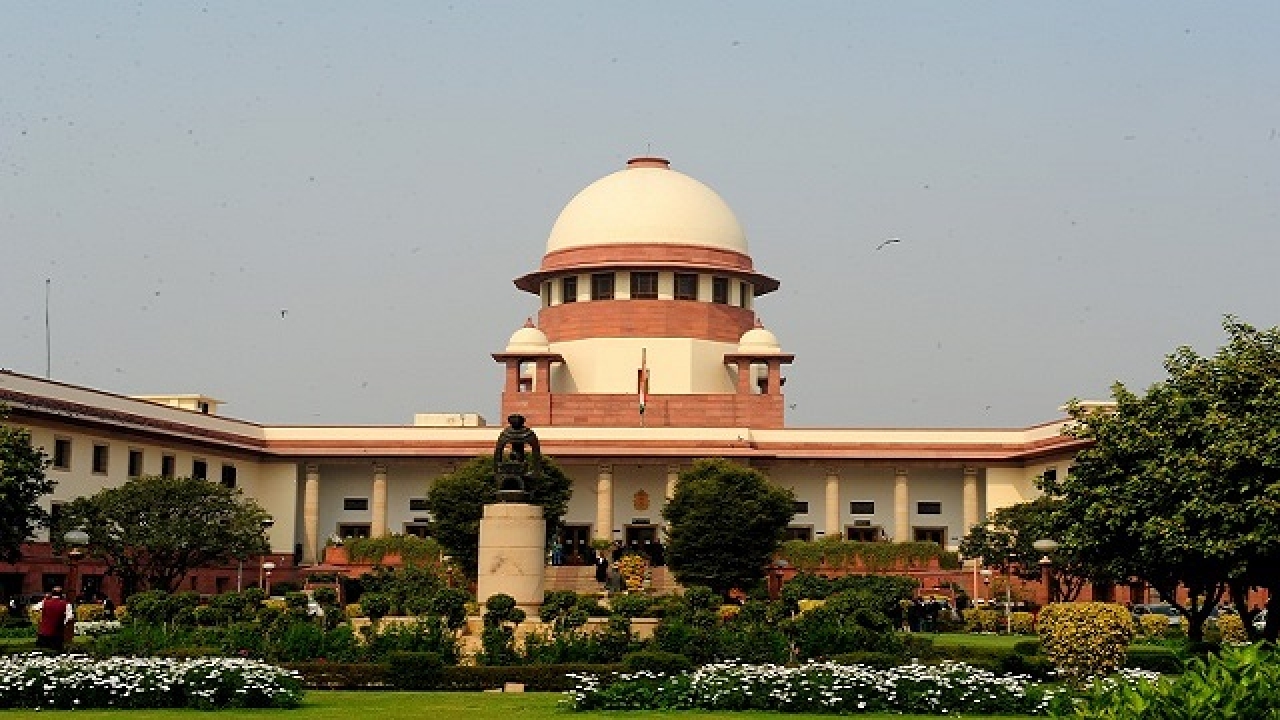
The Congress on Friday moved the Supreme Court against the validity of the Citizenship (Amendment) Act, saying it violated Article 14 of the Indian Constitution.
Article 14 of the Indian Consitution states that “the State shall not deny to any person equality before the law or the equal protection of the laws within the territory of India”.
The Citizenship (Amendment) Bill, which proposes to give Indian citizenship to non-Muslim migrants from Pakistan, Afghanistan and Bangladesh, was enacted after it was cleared by Parliament and was signed by the President on Thursday night.
On Thursday, the Congress had said that the party will approach the apex court over the contentious Act.
"I have no doubt that it deserves to be challenged and will in the near future be challenged (in court)," Abhishek Manu Singhvi, a Congress spokesperson and a senior lawyer had said.
Senior Congress leader and senior lawyer P Chidambaram also said that the Bill was a "brazen assault" on the fundamental ideas enshrined in the Constitution and the fate of the law will be decided in the
Supreme Court.
Supreme Court.
Another Congress leader Manish Tewari had said that the Bill was "unconstitutional" and is going to be challenged in the apex court.
The contentious Citizenship Amendment Bill was cleared by the Rajya Sabha on Wednesday after a heated debate lasting nearly nine hours with Opposition members calling the Bill ‘anti-Constitutional’, ‘divisive’ and ‘anti-Muslim’ but the government insisted nobody should feel threatened as it is only meant to protect ‘persecuted minorities’ from three neighbouring countries.
Earlier in the day, Trinamool Congress MP Mahua Moitra had moved the SC challenging the constitutional validity of the amended Citizenship Act and asked the top court to hear the case urgently.
Chief Justice of India SA Bobde denied her plea and asked her to seek a fresh date.
On Thursday, the Indian Union Muslim League, a Kerala-based political party, moved a plea in the SC to quash the law, saying it "discriminates on the basis of religion and strikes at the root of the concept of secularism embodied in the Indian Constitution."
No Comments For This Post, Be first to write a Comment.
Most viewed from National
Most viewed from World
AIMIM News
Latest Urdu News
Most Viewed
May 26, 2020
Can Lionel Messi's visit boost Indian football?
Latest Videos View All
Like Us
Home
About Us
Advertise With Us
All Polls
Epaper Archives
Privacy Policy
Contact Us
Download Etemaad App
© 2026 Etemaad Daily News, All Rights Reserved.




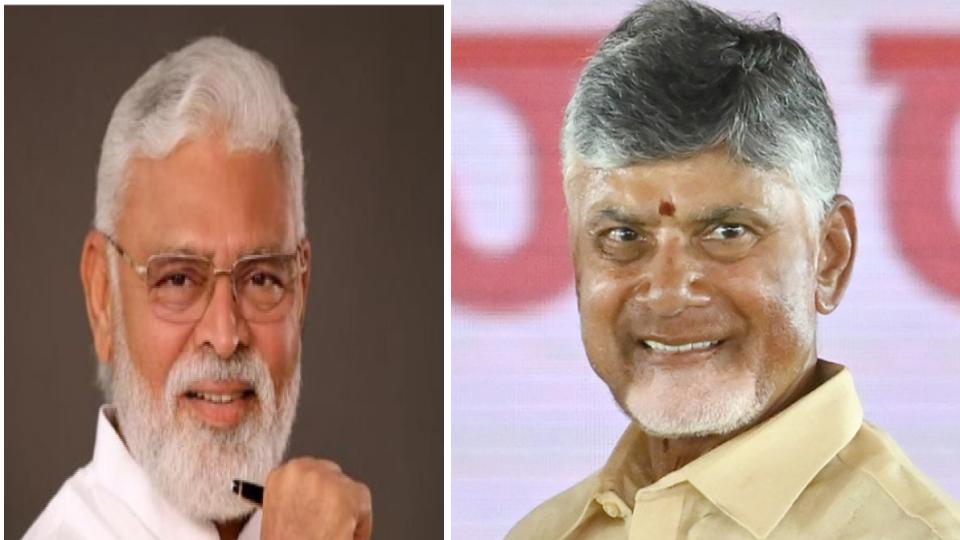


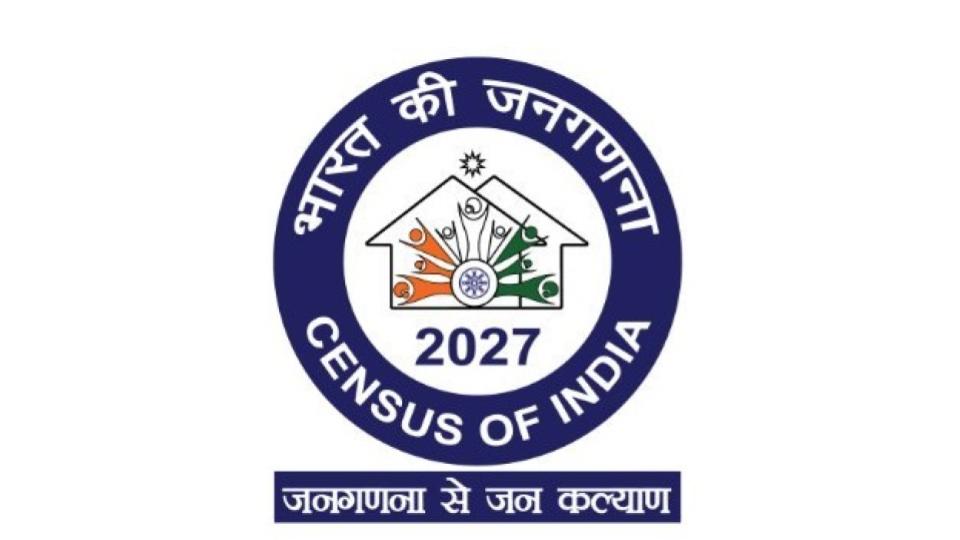



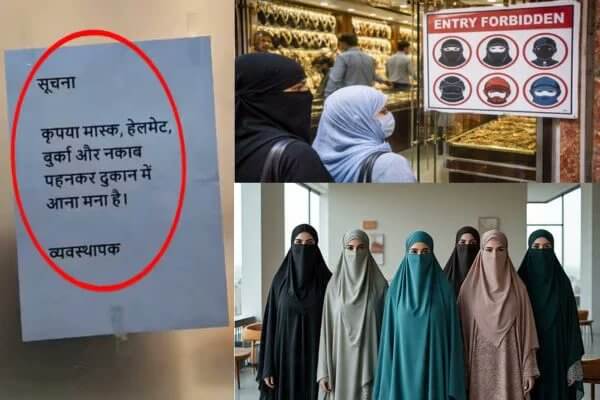
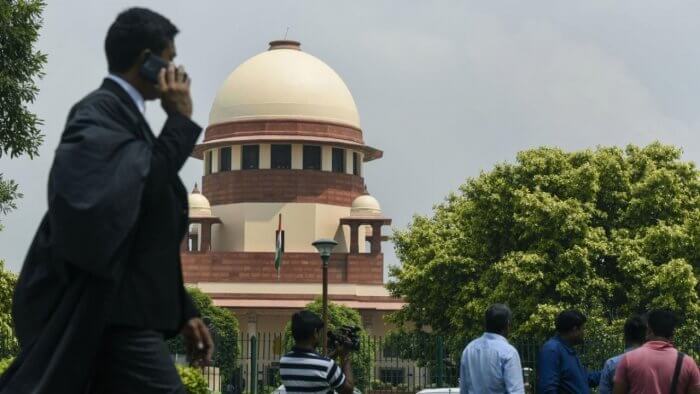





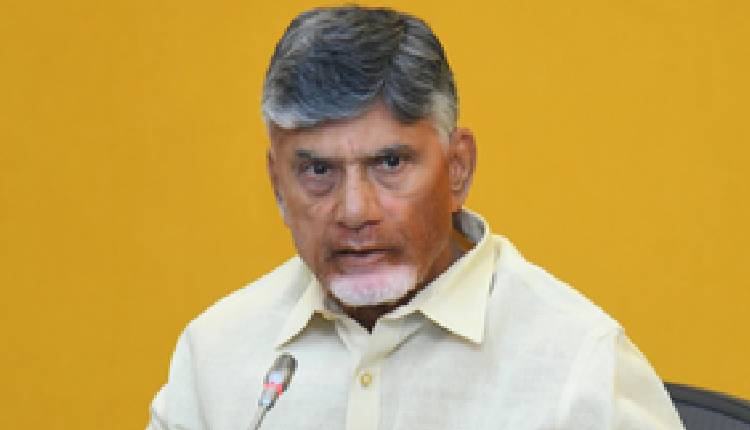
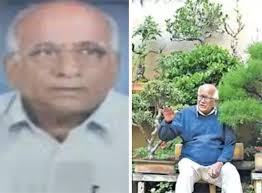


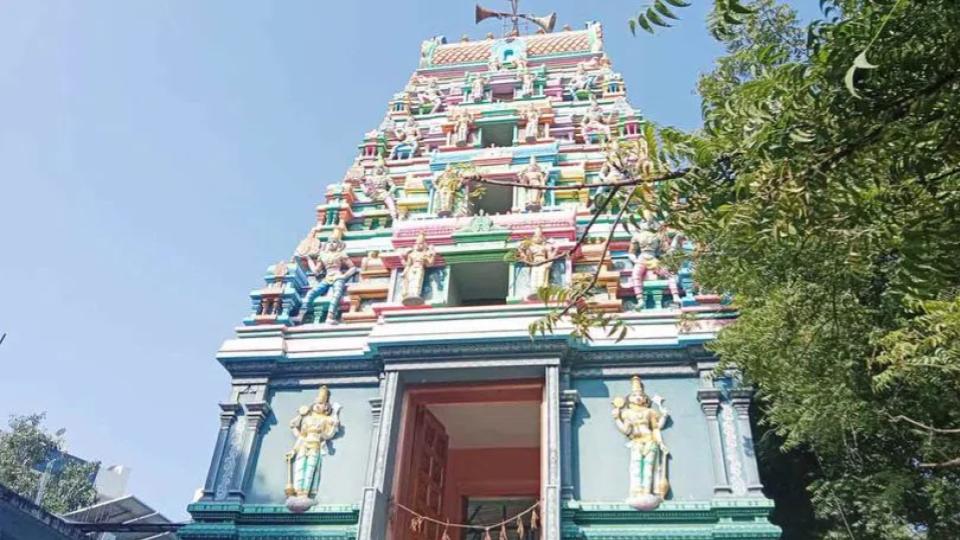
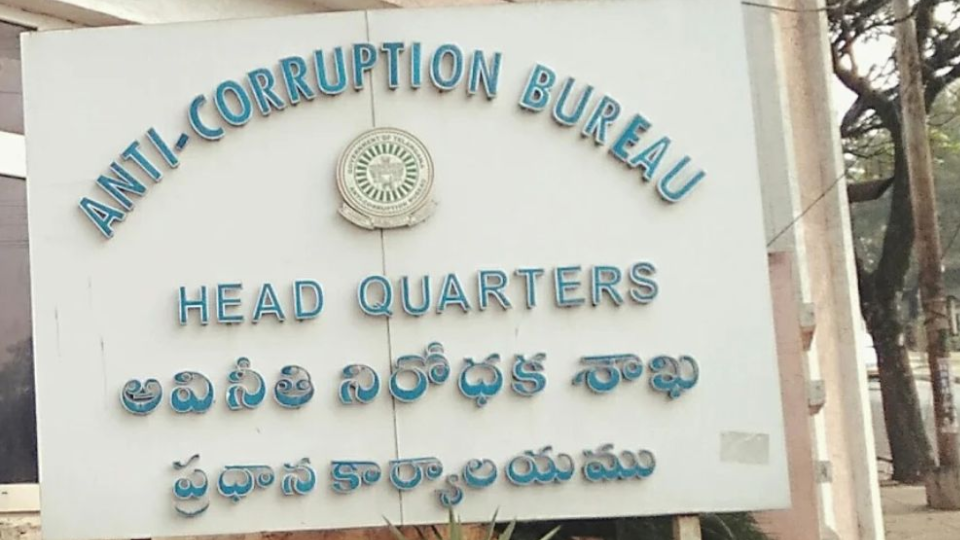













.jpg)
.jpg)
.jpg)


